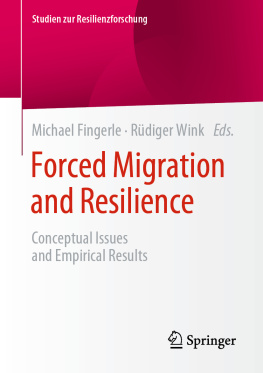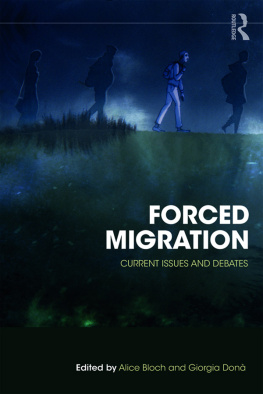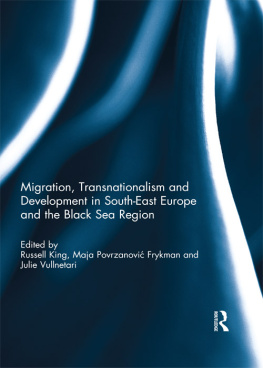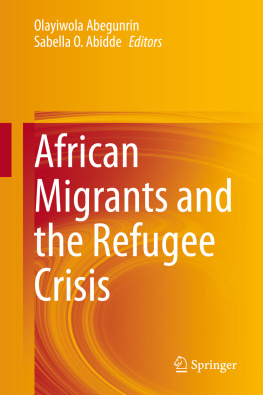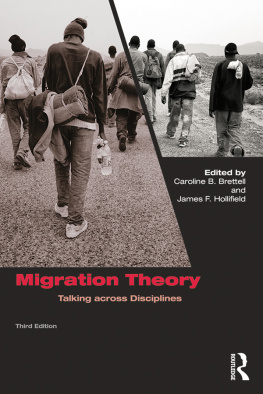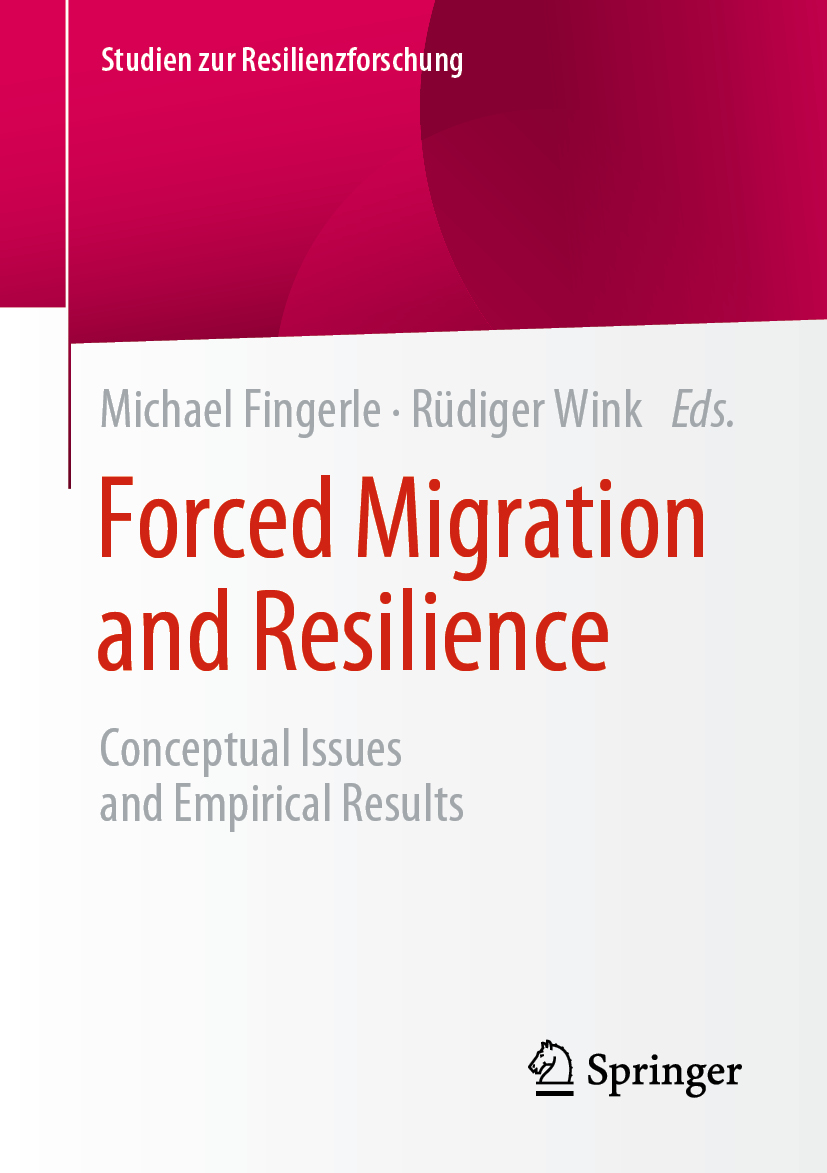Studien zur Resilienzforschung
Series Editors
Sonja Deppisch
Global change & land-use strategies, HafenCity University Hamburg, Hamburg, Germany
Michael Fingerle
Institut fr Sonderpdagogik, Goethe-Universitt Frankfurt, Frankfurt, Germany
Simon Forstmeier
Fakultt II - Department Erziehungswissenschaft, Universitt Siegen, Siegen, Nordrhein-Westfalen, Germany
Rdiger Wink
HTWK Leipzig, Leipzig, Sachsen, Germany
Diese Reihe vertieft aktuelle internationale Diskurse aus der Resilienzforschung und diskutiert deren Implikationen in verschiedenen Praxisfeldern. Dabei folgt sie einer interdisziplinren Ausrichtung und stellt Beitrge aus unterschiedlichen Disziplinen in einen Kontext zueinander. Sie richtet sich sowohl an Forschende als auch an Praktiker, fr die neuere Entwicklungen im thematischen Umfeld der Reihe von Bedeutung sind. Verffentlicht werden Forschungsberichte mit theoretischem und empirischem Bezug, sowie praxisnahe Beitrge zur konkreten Frderung von Resilienz. Die Reihe verfolgt mageblich zwei Strnge. So knnen sich die Beitrge einerseits mit dem Konzept der Resilienz an sich auseinandersetzen, in seinen unterschiedlichen Verstndnissen und Ausformungen mit Bezug auf Individuen, Gruppen und greren sozialen Gemeinschaften. Zum anderen geht es darum, Resilienz im Spannungsfeld zu anderen Konzepten, Theorien und Praxiszugngen zu errtern. Die Reihe publiziert schwerpunktmig Beitrge in deutscher Sprache, wobei auch englischsprachige Fassungen erscheinen.
More information about this series at http://www.springer.com/series/13758
Editors
Michael Fingerle
Goethe University Frankfurt, Frankfurt, Germany
Rdiger Wink
HTWK Leipzig, Leipzig, Sachsen, Germany
ISSN 2510-0939 e-ISSN 2510-0947
Studien zur Resilienzforschung
ISBN 978-3-658-27925-7 e-ISBN 978-3-658-27926-4
https://doi.org/10.1007/978-3-658-27926-4
Springer Fachmedien Wiesbaden GmbH, part of Springer Nature 2020
This work is subject to copyright. All rights are reserved by the Publisher, whether the whole or part of the material is concerned, specifically the rights of translation, reprinting, reuse of illustrations, recitation, broadcasting, reproduction on microfilms or in any other physical way, and transmission or information storage and retrieval, electronic adaptation, computer software, or by similar or dissimilar methodology now known or hereafter developed.
The use of general descriptive names, registered names, trademarks, service marks, etc. in this publication does not imply, even in the absence of a specific statement, that such names are exempt from the relevant protective laws and regulations and therefore free for general use.
The publisher, the authors and the editors are safe to assume that the advice and information in this book are believed to be true and accurate at the date of publication. Neither the publisher nor the authors or the editors give a warranty, expressed or implied, with respect to the material contained herein or for any errors or omissions that may have been made. The publisher remains neutral with regard to jurisdictional claims in published maps and institutional affiliations.
This Springer imprint is published by the registered company Springer Fachmedien Wiesbaden GmbH part of Springer Nature.
The registered company address is: Abraham-Lincoln-Str. 46, 65189 Wiesbaden, Germany
Preface
More than 70 million forcibly displaced people were registered by the UN High Commissioner for Refugees in 2018.Never before were so many people directly affected by forced displacement. Apart from losing their homes, forced migrants had to face multiple risks of traumatisation before, during and after displacement, and half of the refugee population are children below 18 years. Accordingly, scientific and political discourses primarily focus on post-traumatic stress disorders of forced migrants and potential negative social, economic and political stresses in host countries. Although forced migrants predominantly live in neighbouring developing countries, nationalist and anti-immigration groups in developed countries aim to occupy the public agenda with a focus on fears.
The contributions in this volume turn the lens towards challenges, preconditions and opportunities of resilience processes within the context of forced migration, which means to look at successful coping, adaptation and integration despite all the sometimes catastrophic experiences of displaced people. The papers look at vulnerability and resources on the individual level of migrants as well as on the role of communities and policies in host countries. As a result, hitherto separated scientific discourses in different fields of psychology, social and pedagogical sciences could be included in a common publication. Without ignoring the complexity of necessary mutual supportive attitudes, capabilities, actions and collaborations, these contributions form a conceptual basis for further practical projects facilitating the emergence of resilience processes for forced migrants in host countries.
The editors wish to thank all contributors to this volume and look forward to the emergence of new interdisciplinary research networks and communities-of-practice in this field.
Rdiger Wink
Leipzig, Germany
All numbers are taken from UNHCR (2019): Forced displacement in 2018. Global trends. Geneva: UNHCR.

